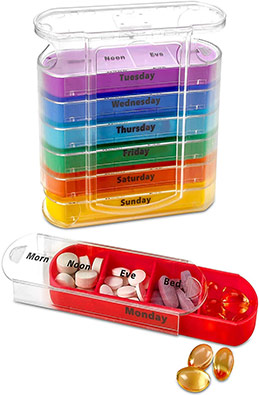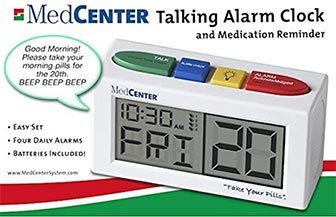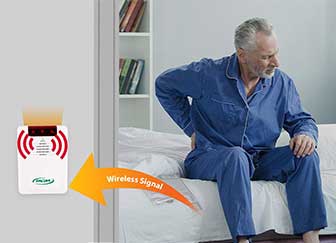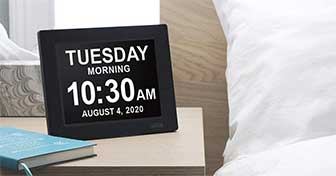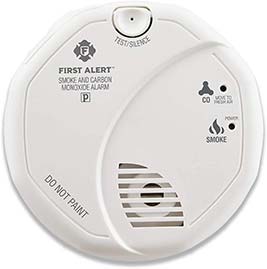This article will cover the causes of memory loss, and supportive aids that seniors with dementia can use to improve their ability to recall important events, appointments and memories.
What causes memory loss in the elderly?
Age related brain disease is a common contributor to cognitive deficits, including memory loss in the elderly.
With increased age, the brain’s neurons tend to lose their plasticity and ability to make the connections. This difficulty with making associations can affect recalling events and important memories.
When the deterioration is advanced, normal day to day functioning can be impaired and one may need to rely on caregivers for support.
Strategies to improve memory in seniors living with dementia
When there is trouble remembering, it is easier on the brain to place a visual or auditory cue within one’s surroundings or environment to help with recall.
Alternatively, one can also establish routines and habits that help to trigger implicit memory to a particular action that is performed regularly.
The following memory aids and strategies can be used to mitigate the impact of poor memory in the those with dementia:
- Visual Cues – A visual reminder about a specific action that must taken or an important event they must be remembered
These are five common ways that visual cues can be used to assist seniors:
Calendars – keep track of important events, appointments and medical tests
A central calendar placed in a highly frequented area can act as a visual representation of any upcoming important dates and appointments. This helps to avoid accidentally missing a doctor’s visit or important medical test.
Checklists – visual prompts placed at key points in the home to remind someone about a series of items or steps that must be taken to ensure safety
The main purpose of a checklist is to ensure that no steps in a complicated process is forgotten.
For instance, following a recipe can be considered using a checklist. It documents the exact ingredients and actions that one must take when preparing food with the ultimate goal of having a meal ready to eat.
Another everyday use of a checklist is a grocery shopping list. Being able to refer to a list of items when at the store means you will be less likely to forget to buy something.
Sticky Notes and Notepads – a quick note posted on a specific location to act as a reminder or to keep track of a to do list
Sticky notes are handy because they can be placed practically on any surface. They are quick, way to use and can help with a range of problems such as:
- a quick shopping list when stuck to the fridge
- reminders to take one’s keys when posted at the main entrance
- a step by step process on how to open a computer application
Medication Reminder Box – a box that contains medication in an organized fashion to facilitate taking the right pills at the right time
Some older adults struggle with remembering to take their medication. Using a multi-day pill organizer can help someone understand:
- If they took their dose
- When their next medications are due
- How much medication they have left
- Act as a visual prompt to take their medication
- Sort medications into preset administration times such as breakfast, lunch, and dinner
Personal and Emergency Contact List – a concise list summarizing important contact information for friends, family, and emergency services
During an emergency, one is under pressure and stress. This can make reacting quickly and recalling phone numbers difficult.
Having a contract list posted in a prominent location can help with dialing more accurately and quickly in an emergency situation. This ensures you will get faster care and support without having to worry about remembering phone numbers.
Tip: Emergency contact lists are best placed on the fridge or by the phone for easy access.
- Auditory Alarms and Cues – use noise to trigger memory to a particular action one must take
The use of visual memory aids is one helpful way to remember things. Another way to bring attention to something important is through an auditory alarm.
Of course, a beeping noise or alert can cause distress and confusion in those with advanced cognitive impairments. Thus, one must be able to learn and understand what the alert means in order for the auditory cue to be effective.
Given enough practice sessions where one is exposed to the sound and trained on how to interpret it, it is possible to develop an understanding of what the alarm means and how it can be used to help remember things.
Examples of how auditory alarms can be used to help with remembering to do something include:
Talking Medication Organizer – speaking alerts at programmed intervals to remind someone to take their medication
Pressure Sensitive Bed and Chair Patient Alarm – a pressure sensitive alarm pad that makes an audible noise to summon a caregiver for support if someone attempts to stand up on their own from a bed or chair
Clock with Multi-Functional Alarm – support people with wake up alerts, medication reminders, and alarms for appointments
Smoke and Carbon Monoxide Detectors – produces a loud ringing noise to alert people to evacuate the area if is a fire or odorless, colorless, tasteless CO gas in the air
- Establish Routines – Following a specific routine can make something a habit, and reinforce an action to be taken again and again
Memory can be divided into several categories:
- semantic memory (explicit memory) – all the facts one knows
- procedural memory (implicit memory) – how certain actions and skills are performed or carried out
As one learns a new skill, it is usually considered to be an explicit understanding that one must think about in order to recall how something is done.
However, with enough practice, something can become routine and almost second nature. When this is achieved, that portion of memory is considered implicit because little thought needs to be dedicated to it in order to carry out the required actions.
With advancing age, seniors tend to lose some of their ability to recall facts and semantic information. However, seniors often keep the ability to perform certain tasks and can even learn new things with enough practice.
This can help a senior who may be struggling with dementia by training their mind to move facts about how something is done, into a procedure that is carried out regularly.
For example, establishing a medication routine where meds are taken each morning upon getting up can help cement it as a habit or routine to prevent forgetting. Over time this can lead to less forgotten doses and ensure proper compliance with medical recommendations and treatment.
